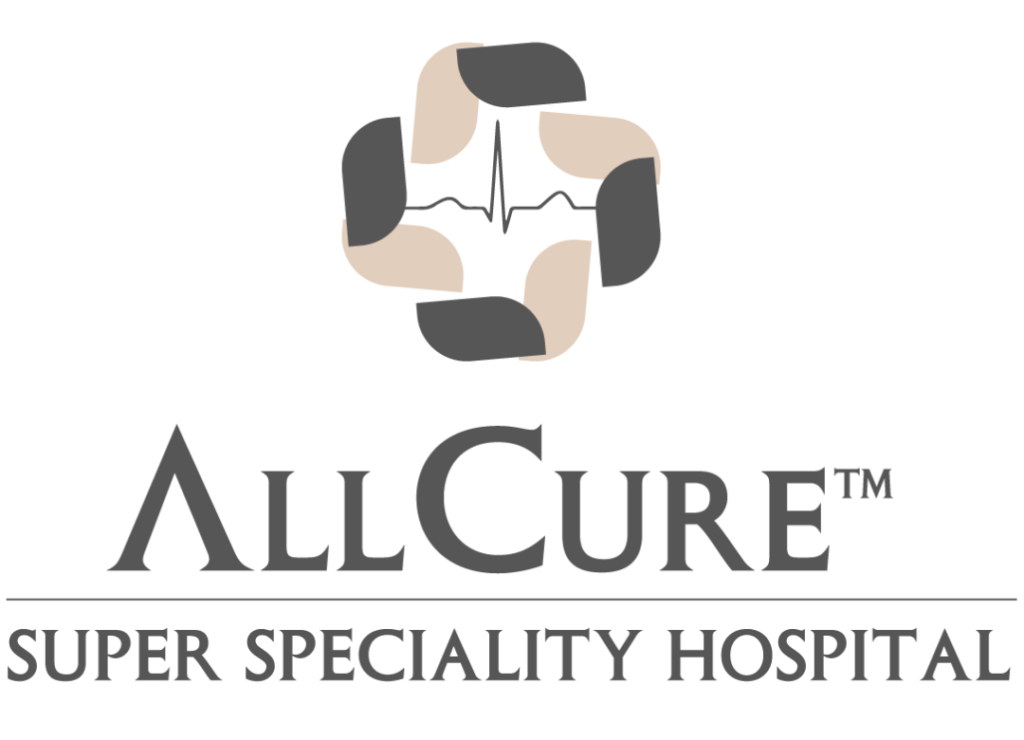A healthy and safe pregnancy requires a lot of care, guidance, and attention. As soon as you find out that you are pregnant, consulting an obstetrician is the best way to proceed in order to have a healthy pregnancy and avoid complications.
While all pregnancies have a certain amount of risk associated with them, high-risk pregnancies carry increased health risks for the pregnant person, the fetus, or in some cases, both. Hence, in these cases, special monitoring and care are required throughout the pregnancy.
Specific factors that commonly contribute to a high-risk pregnancy include:
- Maternal age: Over the age of 35, or they are 17 or younger.
- Lifestyle choices: Cigarettes, alcohol, and illegal drugs.
- Pre-existing health conditions: High blood pressure, obesity, diabetes, thyroid, blood clotting disorders, etc.
- Pregnancy-related health conditions: Poor growth of the fetus, previous preterm labour, preeclampsia (high blood pressure that occurs during pregnancy), eclampsia (high blood pressure resulting in seizures during pregnancy), etc.
- Multiple pregnancy: Carrying more than one fetus. For instance, a twin or triplet pregnancy.
The most common signs and symptoms of high-risk pregnancy include:
- Abdominal Pain (ongoing)
- Dizziness & Fainting
- Frequent Palpitations (a sensation that your heart is racing, fluttering or skipping a beat)
- Vaginal Bleeding
- Decreased / No Fetal Movement
- Swelling, Redness & Pain in Limbs
3 Do’s and Don’ts for high-risk pregnancy:
- Do’s:
-Do rest
-Do visit your obstetrician frequently
-Do take vitamins
- Don’ts:
-Don’t consume alcohol or raw fish
-Don’t smoke
-Don’t sit in hot water (hot tubs and saunas)
How can you prevent / manage high-risk pregnancy?
While chronic health conditions and genetic disorders that contribute to high-risk pregnancies cannot be avoided, a few precautions that can be taken include:
- Knowing your family’s health history
- Planning pregnancy between the age of 18-35
- Avoiding drug and alcohol abuse
- Maintaining a healthy lifestyle
- Managing your pre-existing health conditions
- Maintaining a healthy body weight before pregnancy
- Following-up with your obstetrician frequently
- Monitoring your blood sugar levels regularly
Why is twin or multiple pregnancy a concern for high-risk pregnancy?
There is a risk associated with twin pregnancy, not just for the babies but also for the mother. Multiple pregnancies have an increased risk of complications that include preterm labour and birth, anemia, birth defects, miscarriage, twin-to-twin transfusion syndrome, postpartum hemorrhage, etc.
Even though high-risk pregnancies pose a variety of complications and can be life-threatening in certain situations, they are not a disability. In order to reduce the possibility of complications, mothers with high-risk pregnancies require extra care before, during, and after they give birth.
In India, the prevalence of high-risk pregnancies is significant. According to the National Health Portal of India, about 20%–30% of pregnancies belong to the high-risk category, which results in 75% of perinatal morbidity and mortality.
Conclusion
Even though a high-risk pregnancy comes with many ups and downs, it is important to do your best in order to stay positive and visit your doctor early in and throughout your pregnancy to promote a healthy and safe pregnancy.
At AllCure Super Speciality Hospital, our obstetricians specialize in handling high-risk pregnancies and monitor you and your baby throughout the pregnancy.
To book an appointment, contact us at +91 74001 90223.
